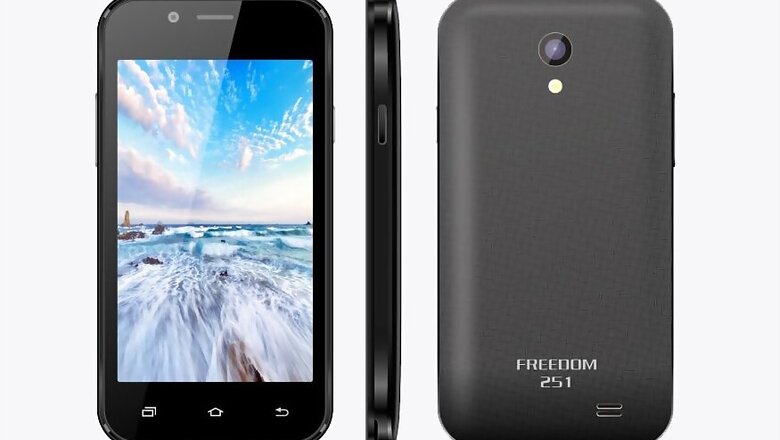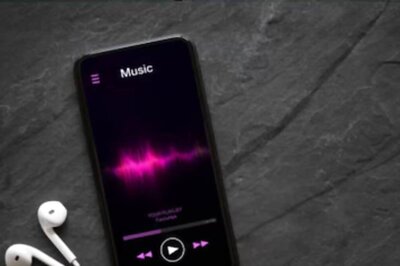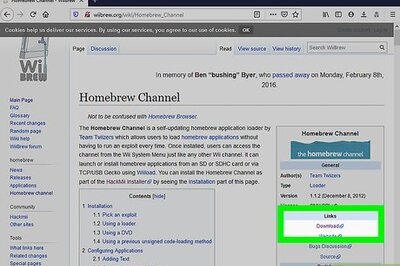
views
New Delhi: Ringing Bells, which has drawn a lot of flak for the Rs 251 price tag of its Freedom 251 smartphone, is finally shipping the phone from July 8. The company claims that it is ready with 2 lakh units of the phone, but it will not deliver all the phones at a go. It, instead, has opted for a phase-wise distribution model and will deliver only 5,000 models in the first phase that begins on Friday.
According to Mohit Jain, director, Ringing Bells, the rest of the deliveries will happen after the feedback from the first lot of users come in, who have been selected via a lucky draw.
Once the deliveries start happening, the company may stand true to its promise of selling the phone at Rs 251, but how the company will manage to sell a feature-rich smartphone at such a low price is a question on many minds.
Here's how, according to Ringing Bells:
Explaining the maths behind the Rs 251 price tag, Ashok Chadha, president, Ringing Bells had in a previous interview with News18.com said that the general assumption would be to sell such a phone at Rs 2,300 or Rs 2,500. The idea of selling the phone at Rs 251 came to Chadha and his colleague Mohit Goel, director, Ringing Bells, on a midnight stop at dhaba on the highway to Jhansi.
With the goal of achieving the Rs 251 goal, Chadha and Goel went back to the drawing board and calculated that they could bring the price down to Rs 800.
Chadha said that the company will pass on the 13.8 per cent duty protection (around Rs 450-Rs 470) for Make in India to the customer. And they will be saving an additional Rs 530 from the economies of scale (given that the company plans to mass produce the phone) which theoretically will bring down the costs. Another Rs 460 is said to be saved from marketing and selling costs (given that the company is largely opting for online sales).
This still leaves a wide gap between the Rs 251 price tag and the costs, that according to his calculations, is Rs 800. "I am selling at Rs 251. So I have to cover Rs 550," said Chadha.
This balance, according to Chadha, will be recovered by the earnings from a marketplace that the company will be setting up. "So here is my marketplace, you want to sell something, come to me, pay me a revenue for it, and I will pass the revenue on to my customer," he said. That's how, according to the company, the Freedom 251 can be sold at Rs 251.
He said that the company isn't in the business for huge profits, but will manage profitability with "reasonable margins".
The marketplace model will be built around the phone. Chadha said his company "will invite partners who need to showcase their goods for sale. So just as what happened with online shopping to the malls, the same thing will be driven by the Freedom 251, and again the benefit that we accrue from that we do not intend to retain."
While the phone is priced at Rs 251, it will cost every buyer a total of Rs 291 that includes a shipping charge of Rs 40.
The company seeks the government support to help them achieve the goal in a better and a faster way. Jain believes that if the government provides them with a sum of Rs 50,000 crore, they can provide 750 million of India's population a smartphone at Rs 251.
Given the long string of controversies around the phone, the possibilities of a government help appear slim but will the first phase of deliveries put an end to all the speculations? Doubts remain.
















Comments
0 comment